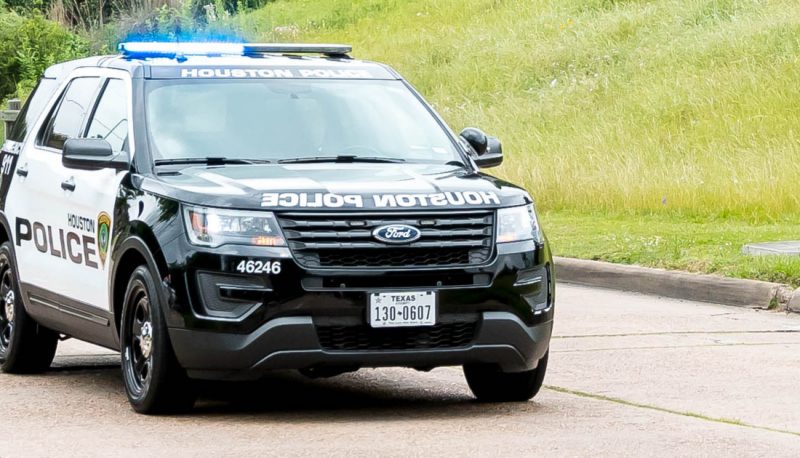“Confirmed Judges, Confirmed Fears” is a blog series documenting the harmful impact of President Trump’s judges on Americans’ rights and liberties. Cases in the series can be found by issue and by judge at this link.
Trump Fourth Circuit judge Julius Richardson claimed in dissent that the court should reverse a district court and grant qualified immunity to a police officer who severely injured another driver in a head-on collision at night when there was no emergency and the officer was driving over 80 miles per hour, at least 38 miles per hour above the speed limit. The majority rejected Richardson’s view and affirmed the district court decision in its October 2020 decision in Dean v. McKinney.
One night, Anderson County Deputy Sheriff Stephen McKinney was on patrol in his government-issued SUV when he received a call to assist another deputy with a traffic stop. Although the call was initially classified as an emergency, the other deputy made clear it was not and officers like McKinney were told to “cut back to normal run,” under which traffic laws are required to be obeyed. McKinney acknowledged the cancellation and claimed he reduced his speed.
On a curved and unlit section of the road, however, McKinney lost control of his vehicle and crossed the center line and struck a car being driven by Janel Harkness “nearly head-on.” Accident reconstruction determined that McKinney was travelling “at least 83 miles per hour” when he began the skid that led to the crash, “at least 38 miles per hour over the 45 mile-per-hour speed limit.” As a result of the crash, Harkness suffered “severe orthopedic and neurological injuries.”
Harkness’ mother filed suit on her behalf against McKinney and others in state court. Among other claims, the complaint contended that McKinney had violated Harkness’s substantive due process rights under the Fourteenth Amendment by “driving his vehicle at such an extreme rate of speed” in a non-emergency situation, exhibiting “deliberate indifference to Harkness’ life and safety” and that of other drivers. The suit was transferred to federal court, and McKinney sought qualified immunity, which was denied by the district court. McKinney appealed.
In a 2-1 decision, Fourth Circuit Chief Judge Roger Gregory affirmed the district court’s decision. Gregory carefully analyzed the facts and the law in an extensive 23-page opinion. Because a jury could find that McKinney had time to “deliberate and consider his actions” and was not responding to an emergency, Gregory explained, a jury “could conclude that McKinney was deliberately indifferent” because he “subjectively recognized a substantial risk of harm” and his speeding and careless driving were clearly “inappropriate in light of the risk.” Based on the facts, the majority continued, a reasonable jury could conclude that McKinney “deliberately operated his police vehicle in a dangerous and reckless manner with full knowledge of the risks involved.”
The majority also agreed with the district court that Harkness had a “clearly established constitutional right” that was violated by McKinney. Although there was no past case precisely like this one, Gregory explained, the law is clear that officers like McKinney can “still be on notice that their conduct violates established law even in novel factual circumstances, so long as the law provided ‘fair warning’ that their conduct was wrongful.” Gregory wrote that “core constitutional principles set forth in numerous cases” demonstrate that “Harkness’s substantive due process right” to be free from the results of McKinney’s improper conduct “was clearly established.” These included two Tenth Circuit cases, one of which then-Judge Gorsuch concurred in, that concluded that it was “clearly established” that a “police officer could be liable under the Fourteenth Amendment for driving in a manner” that shows “deliberate indifference to the lives of those around him.”
Trump judge Richardson dissented. As with other Trump judges in police misconduct cases, Richardson claimed that the district court and the majority had not found past cases that were sufficiently “specific” and closely enough resembled the circumstances in this case. He complained that the majority was relying on what he called a “smattering of passing citations” and “brief nods to a handful of tangentially related cases” from other courts.
The majority did not even take the time to respond specifically to Richardson’s dissent, but relied instead on its careful analysis as described above. As a result, Janel Harkness’s mother will have the opportunity to seek justice and accountability from a jury for the conduct by McKinney that severely injured her daughter.

